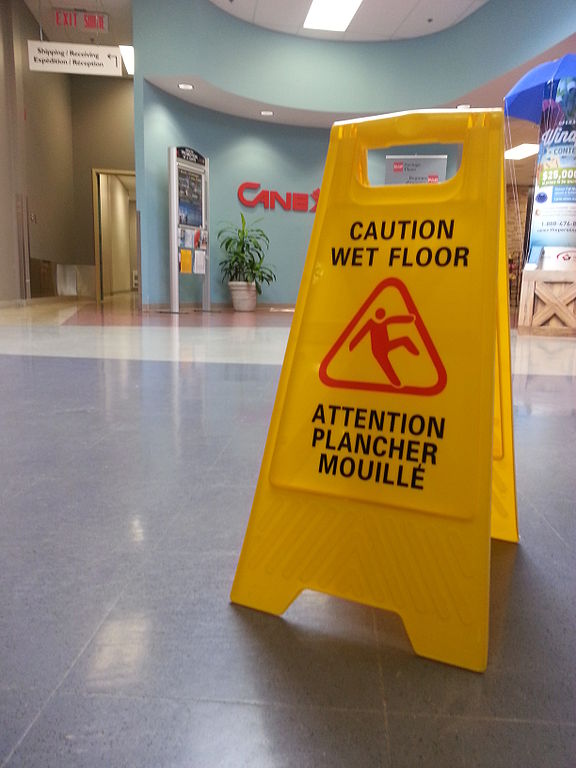 One of the of the oldest concepts in common law, premises liability is the legal principle that the owner or occupant of a residence or business must protect visitors from harm. As applied in modern personal injury law, premises liability applies to
One of the of the oldest concepts in common law, premises liability is the legal principle that the owner or occupant of a residence or business must protect visitors from harm. As applied in modern personal injury law, premises liability applies to
- Slips and falls such as those that occur on wet floors, loose carpeting and out-of-code stairs and balconies;
- Dog bites or animal attacks because pets and livestock are considered property that owners and handlers must secure and control;
- Swimming pool accident such as near-drownings, drownings and electrocutions; and
- Porch or deck collapses.
The duty to ensure that visitors to a business or home remain uninjured extends to parking lots and yards that are within the control of the premises’ owner or occupant. For instance, a shopping center owner must keep the parking lot free from potholes and cleared after a snowstorm. A homeowner must remove a dead tree that may fall and hurt other people.
LEARN MORE
- What Is Premises Liability?
- Premises Liability for Swimming Pool Accidents
- Know Your Rights if You Suffer an Injury While Renting a Vacation Home in North Carolina
Generally, grounds for a personal injury lawsuit based on premises liability exist when the owner or occupant knew or should have known that a danger was present but did not act to prevent harm. Premises liability also exists when structures do not comply with building codes, timely repairs go unmade, warnings about potential harm are not posted, and animals are not properly controlled.
An Example of Premises Liability in North Carolina
Picture yourself at a friend’s Outer Banks beach house. You go to rest your arm on the railing around the second-floor deck only to feel the railing give way. You fall to the ground and sustain multiple serious injuries. Who do you take legal action against to obtain compensation for your medical expenses, lost wages and pain and suffering?
If your friend owns the beach house, your first recourse would be filing a claim against your friend’s homeowner insurance policy. If it is a rental property, the actual owner of the vacation property would carry the applicable insurance policy.
The situation becomes a little more complicated if your friend booked the beach house through Airbnb, but the same rule of identifying the owner and contacting their insurer applies. In each scenario, the insurance company has to consider your claim because the laws of North Carolina give property owners enforceable legal duties to keep their properties “reasonably safe.” Breaching one of those duties by, in this case not repairing or replacing a loose or rotted deck railing, makes the property owner liable for your injuries.
That rule was affirmed in Nelson v. Freeland, where the Supreme Court of North Carolina determined that all property owners in the state are required to comply with a standard of reasonable care toward all lawful visitors. For the purposes of insurance claims and civil lawsuits, taking reasonable care includes warning about a dangerous condition.
Property Insurance Required
Homeowners and commercial property owners in North Carolina must carry liability insurance. Accessing the coverage following an injury may present a challenge, however.
Insurance claim adjusters have incentives to contest and deny injury claims. Overcoming the hurdles requires presenting extensive medical records, financial information on the economic consequences and, often, testimony from experts regarding the cause and seriousness of the injuries.
Countering Defenses Against Premises Liability
Succeeding with a claim against a negligent property owner also requires knowing how to counter the arguments that will be used by the insurance company. First, a property owner can avoid liability by showing that an injured person was trespassing. This is usually easy to disprove when a person is injured at a friend’s home or at a business that is open to the public.
An insurer may also argue that its policyholder had no way to know or suspect that a risk for injury existed. Conversely, the insurer might argue that a danger was so open and obvious that a visitor to the property was personally negligent for not avoiding it. In both instance, expert testimony can be decisive.
Partnering with an experienced North Carolina personal injury lawyer will help an injured person find, organize and present evidence that disproves each of the insurance company’s contentions.
EJL